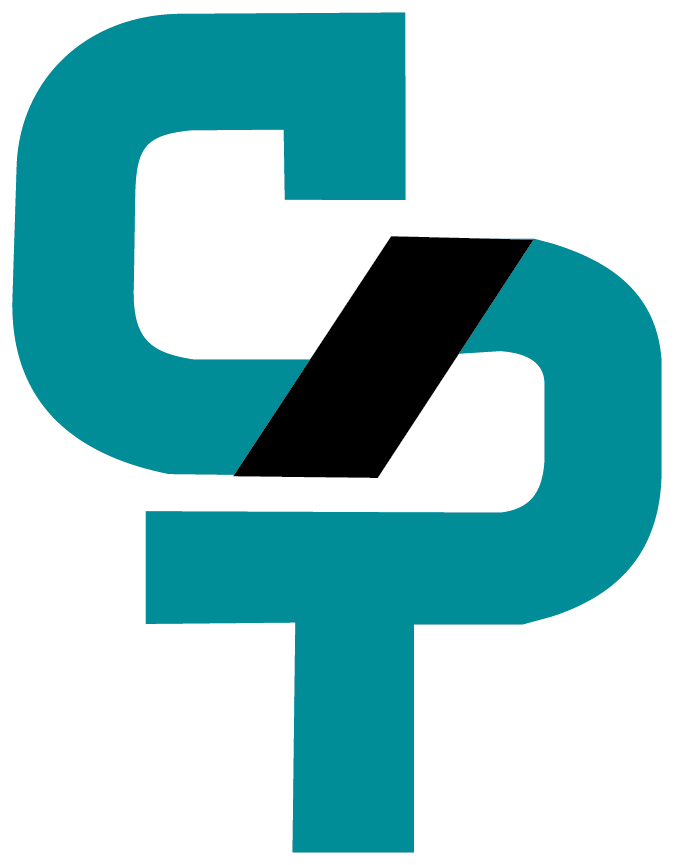Teacher Spotlight- Mr. Hammond
What is the most significant new or different aspect to your program?
“Not much has changed or is new from previous years. A new Hypertherm Plasma Cutter has been added, but that is not much different than the older ones we have.”
What are some of the more common career pathways your students take when leave CPACTC?
“Manufacturing or construction. Every few years I have students that go on to underwater welding.”
What training/unit do employers seek that helps students get their foot in the door?
“Students with good mechanical aptitude. The ones that can troubleshoot their machines. Also blueprint and welding symbols knowledge are impressive to employers.”
What unit/topic do students struggle with the most in your program? Why do you think that is?
“Welding symbols. It is like learning another language.”
Explain a typical day in the program.
“I have a brief meeting or lesson every day first thing by watching videos and demonstrations of me completing a task. Then the students go perform the same task.”
What advice would you give students who have completed your program?
“Become employed and gain more experience in the trade. Accept any training a company is willing to offer you.”
How many years have you been at CPACTC?
“It has been 14 years since I started here in June 2010.”
What was your experience before coming to CPACTC?
“I started right where the students are… by attending a career and technical school when I was their age for welding. I worked many years in manufacturing as a welder and weld technician. I also operated my own business as a welder and iron worker. Now I am a welding teacher.”
Spotlight- Welding Students
Summarize what you learn in your program in ONE SENTENCE (if you can).
“I learned the main three processes, and techniques of welding with some other things such as oxy-acetylene, shear, plasma cutting, grinding, ect.”
What is the hardest part of your program?
“I think the hardest part of our program is probably SMAW (Stick welding) 3F (vertical position) during our learning prosses for welding certifications.”
What is the most fun part of your program?
“The most fun part of our program is probably how hands on it is. For example, our instructor shows us a video on something new, then shortly after taking us out into the shop and physically shows us how to do it. Then getting to practice it ourselves.”
What is some recent technology you are learning to use in your program that is specific to your profession?
“I learned how to use our plasma cutter and metal shear. This is specific to welding because you often need to cut peace for projects. Then it depends on what part you need for example if you need something cut with a straight line you should use the shear because it only cuts straight lines. Or if you need something cut with a curve, you’d use a plasma cutter because you are free to move the cutting torch around any curve you like.”
What is your plan for after high school? BE SPECIFIC!
“My plans are that I worked a job over the last summer at a place called Dumor Inc. working robotic welders, maintaining them, and grinding finished products when they were done. With room to also work on custom projects and different machinery to learn. They said that they would be happy to have me come back after I had graduated.”
What is going to be the highlight of the year?
“The highlight of the year will probably be between the Welding certification or the written and hands on test for the NOCTI.”
What are you proud of learning how to do in your program?
“I am proud that I learned how to become a consistently good welder in all three processes that I was taught in. Then I learned to use some extra machines to help me.”
Explain a typical day in shop.
“We all get here from our sending schools some people go to social studies. Then usually when everybody is around, we take the first 10 minutes to go over what we are supposed to be doing for the day then we get sent out to shop. I take in information I get from the classroom, and I practice it in the booth with the supplies provided to me from the program.”
How is your program at CPACTC different from other classes you have had in the past? Can you give some examples?
“My program is different because it's not just a normal school class like English, or science. I get to learn something only some specific people know how to do and turn it into a career I can enjoy and have fun with. My best example is that you just aren’t always in the classroom, but you are going out doing it and some people in school get to go out and put their skill to uses in the workplace.”
What advice would you give to a beginning Level 1 student who is just starting the program or to a student who is considering enrolling in your program at CPACTC?
“The most important advice I can give to someone looking into our shop program is to just stay in your booth. I understand that it can be hard, hot, frustrating, but if you put in the time and effort into what you do, you’ll get the results and grades you are looking for out of it.”

